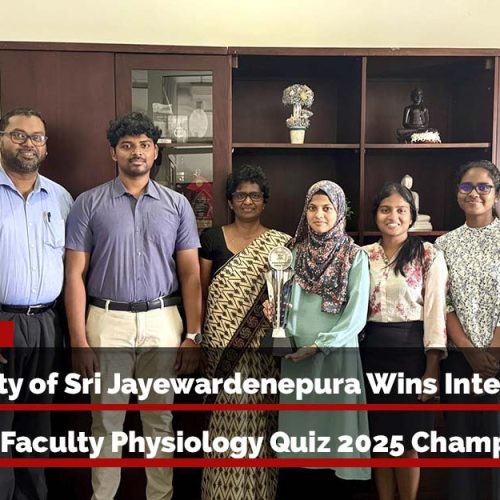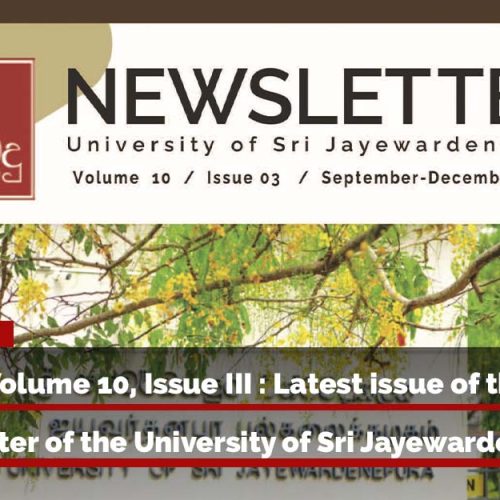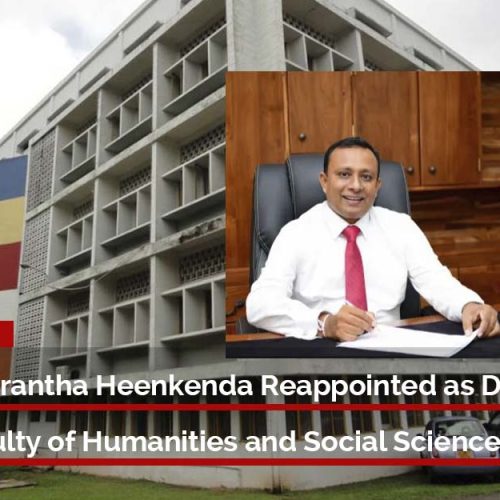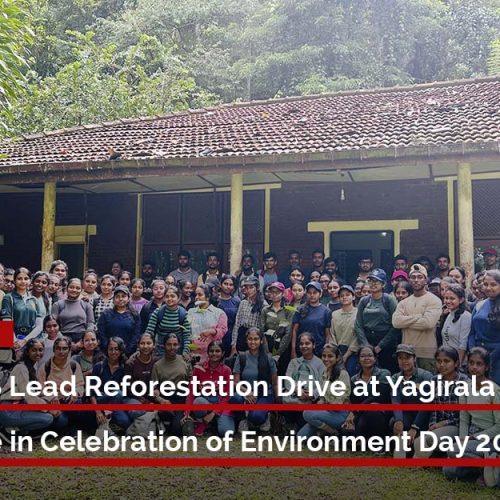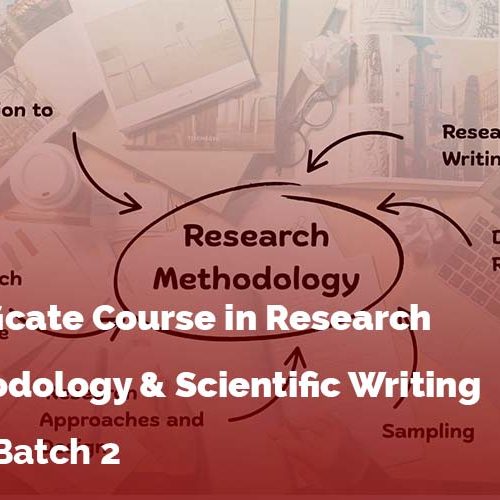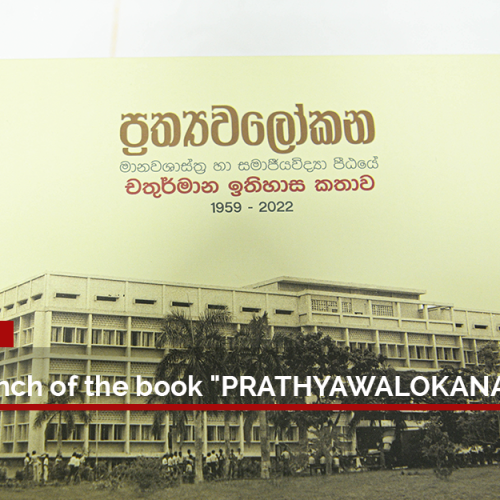Water is the most important substance for all living organisms in the world. It is the main constituent of all living things. Without water it is impossible for any creature to live in this planet. Prof. M.M. Pathmalal, Head, Department of Zoology, University of Sri Jayewardenepura, speaks about water pollution and how to control some pollutants in water.
 Water pollution is caused by different means and ways. Sources of surface water pollution are generally grouped in to two categories based on their origin as, Point sources and Nonpoint sources. Point sources refer to contaminants enter a waterway from a single and identifiable source such as pipe or ditch. Nonpoint sources refer to contaminants which are not originated from a single source but as a cumulative nature, contaminants gathering from a large area such as leaching out of Nitrogen compounds from fertilized agricultural lands.
Water pollution is caused by different means and ways. Sources of surface water pollution are generally grouped in to two categories based on their origin as, Point sources and Nonpoint sources. Point sources refer to contaminants enter a waterway from a single and identifiable source such as pipe or ditch. Nonpoint sources refer to contaminants which are not originated from a single source but as a cumulative nature, contaminants gathering from a large area such as leaching out of Nitrogen compounds from fertilized agricultural lands.
Prof. Pathmalal concentrates on water pollution research and Xenobiotic chemicals and natural and artificial toxins in water. In a country like Sri Lanka most of the water bodies are used for drinking purposes and agricultural purposes.
Excessive use of Agro-chemicals
 Farmers use heavy doses of different types of chemicals such as pesticides for agriculture. The result of this is that these chemicals are washed in to water bodies by surface runoff. When organisms consume these water, these chemicals accumulate through the food chain and finally concentrate in very high concentrations in higher levels of the food chain.
Farmers use heavy doses of different types of chemicals such as pesticides for agriculture. The result of this is that these chemicals are washed in to water bodies by surface runoff. When organisms consume these water, these chemicals accumulate through the food chain and finally concentrate in very high concentrations in higher levels of the food chain.
Hence Sri Lanka has lot of health and environment issues. Most of water bodies are contaminated with cyanotoxins (toxins released by cyanobacteria or blue greens). The consumption of water contaminated by cyanotoxins will cause to form tumors at the initial stage and then these will lead into cancers.
Introducing microorganisms to remove toxins
Prof. Pathmalal is trying to introduce some ecologically important and friendly microorganisms to remove these toxins. He has isolated bacterial strains and now in the process of publishing this information to the world for the first time. He conducts this research in collaboration with some international agencies and universities.
At present people use different types of antibiotics for animals as well as humans in unregulated condition and these antibiotics get in to the environment and produce antibiotic resistant bacteria. Researchers working with Prof Pathmalal have identified a several antibiotic resistant bacteria from all over the country and he thinks this research helps to develop their strategies in medical sector.
Aquatic organisms to produce pharmaceuticals
His team also investigate on how to use some aquatic organisms to produce some vitamins, medically important chemicals, antibiotics etc. They have already started some work to extract these types of important chemicals from aquatic organisms.
Cyanotoxin Water Pollution Control Research Unit at Department of Zoology
The research team of Prof Pathmalal received national and international grants from National Research Council, National Science Foundation Medical Research institute etc. University of Sri Jayewardenepura also has also provided facilities to enhance the research activities of this research unit at Department of Zoology, and several post-graduate students do their PhD research studies in this research area.
Currently they conduct some research in Kelani River basin. Kelani River is one of most important rivers in Sri Lanka and many people live around the river basin depend on the ground water. Therefore he thinks, proper management is very important to protect our ground water.
They found that water collected at many ground water points of Kenali river are contaminated with pathogens and pesticides. Therefore it is very important to discuss these issues in the future and also through findings of this research to propose some strategies to the government to protect our water bodies.
Compiled by Binoy Abeywickrama based on discussion with Prof. M.M. Pathmalal, Head, Department of Zoology, University of Sri Jayewardenepura

